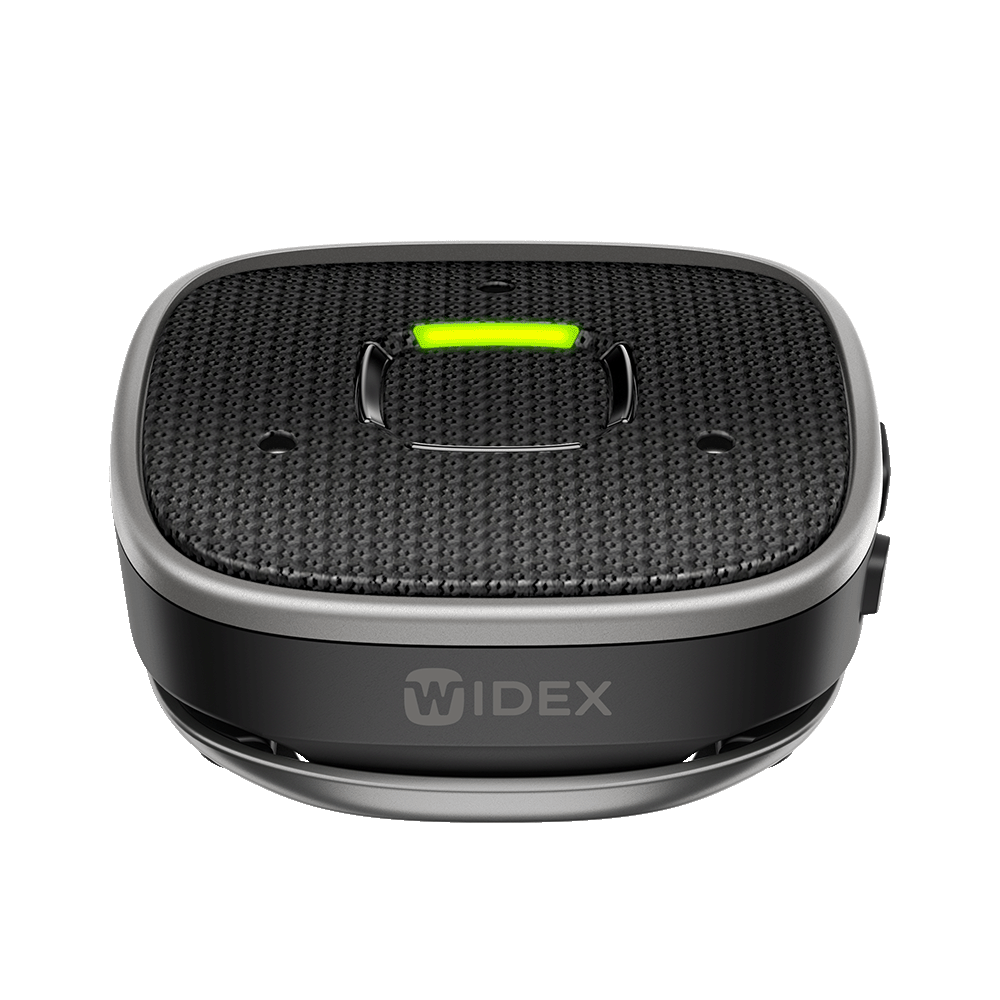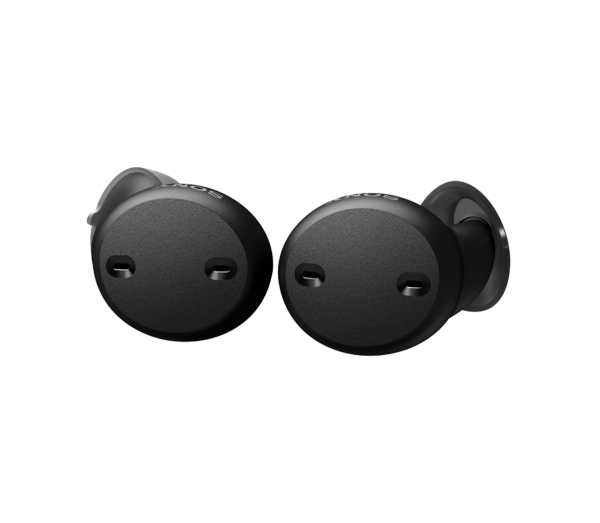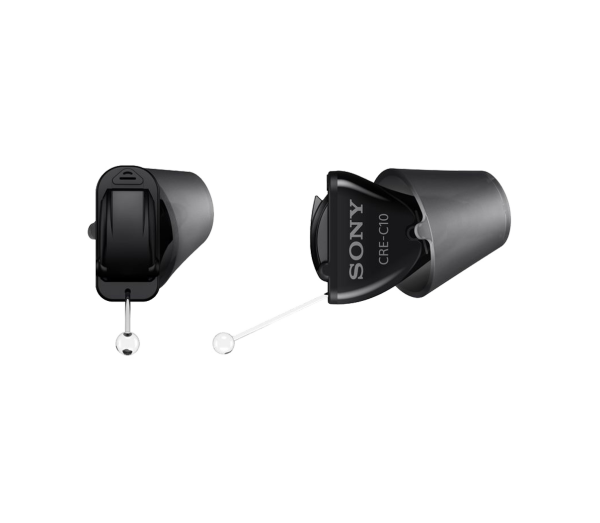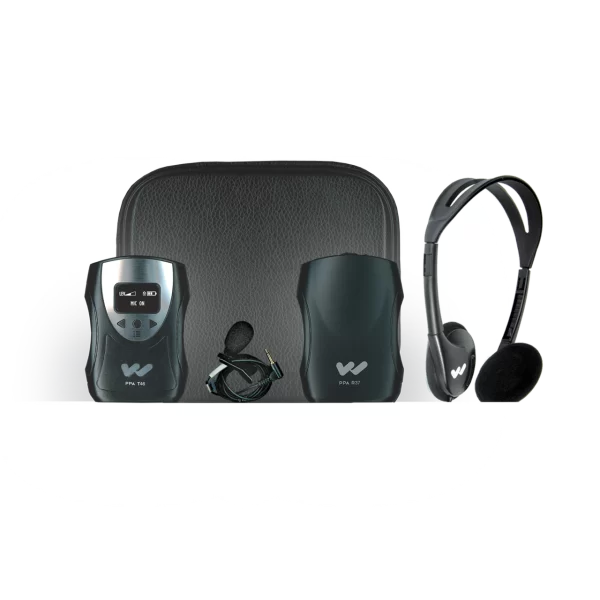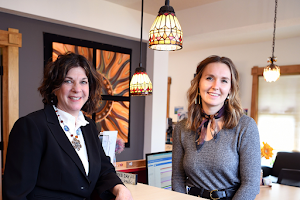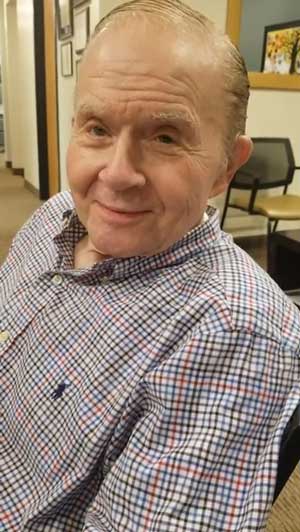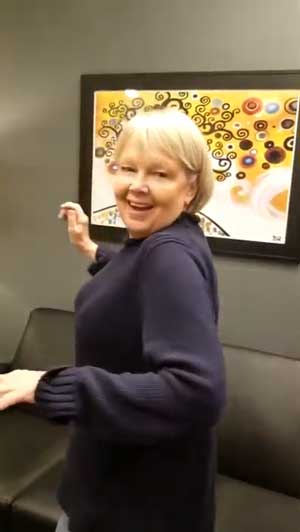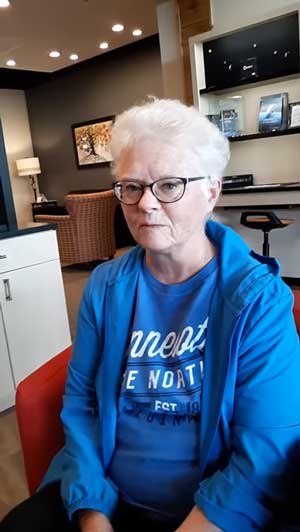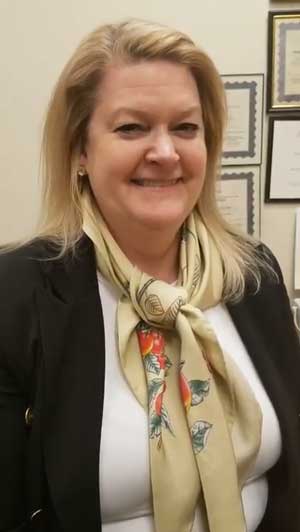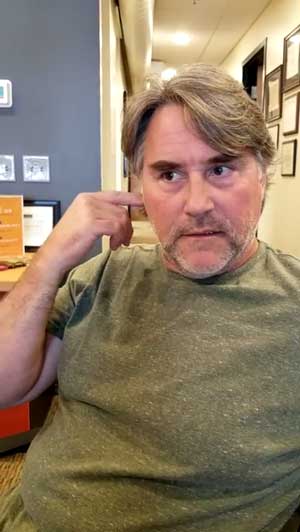I have a severe hearing loss that started in my 30s, and have owned four pairs of hearing aids over the past 20 years. I recently switched from a large local audiology clinic to Hears to U.Hears to U is a small office, and service there is personal and friendly. The office has a happy almost-family vibe, where owner/audiologist Kim Fishman and her (excellent) assistant Malia are more friends and peers than boss and subordinate. Hears to U is an unusually welcoming business!Kim carefully read my history before my appointment, and listened attentively to what I was saying. She worked to understand how my hearing loss was affecting me psychologically, and realized quickly that I needed thorough explanations to feel good about each step we took to address my hearing loss.Kim explained clearly what she could and couldn’t do for my hearing. She explained why her business carries many different hearing aid brands, and why a customer-focused clinic cannot have a brand allegiance.Kim quickly made my 5 year old hearing aids work better than they ever have (this after many rounds of adjustment at my previous audiology clinic). She explained exactly what I could expect from additional programs so I could get the most from them. She didn’t push me towards new hearing aids at all, leaving any move in that direction completely up to me.Over the next month, Kim fitted me with four different hearing aids, kept in touch during the week via email, and quickly answered questions and provided clear explanations. After these trials, one set clearly worked much better than others (and notably better than my existing aids).Purchasing was different than at my old clinic, where pricing was opaque and offered only one level of service at one (premium) price. Kim has clear, transparent pricing that let me choose between packaged and a la carte service. By tailoring a package to how I use services, Hears to U saved me $2500 on my new hearing aids.Kim did a full fitting to optimize the new aids. My hearing isn’t suddenly perfect by any means, but I’m hearing better than I have in the past 20 years. It’s hard to describe how much this means to me!I really liked my previous audiology clinic, and would not even have looked elsewhere except a recurring issue made me rethink my allegiance. I’m really glad they let me down, because it resulted in me getting a much better outcome from a more fun, far less expensive audiologist and clinic!Thank you, Kim!
